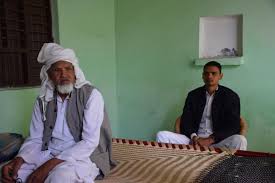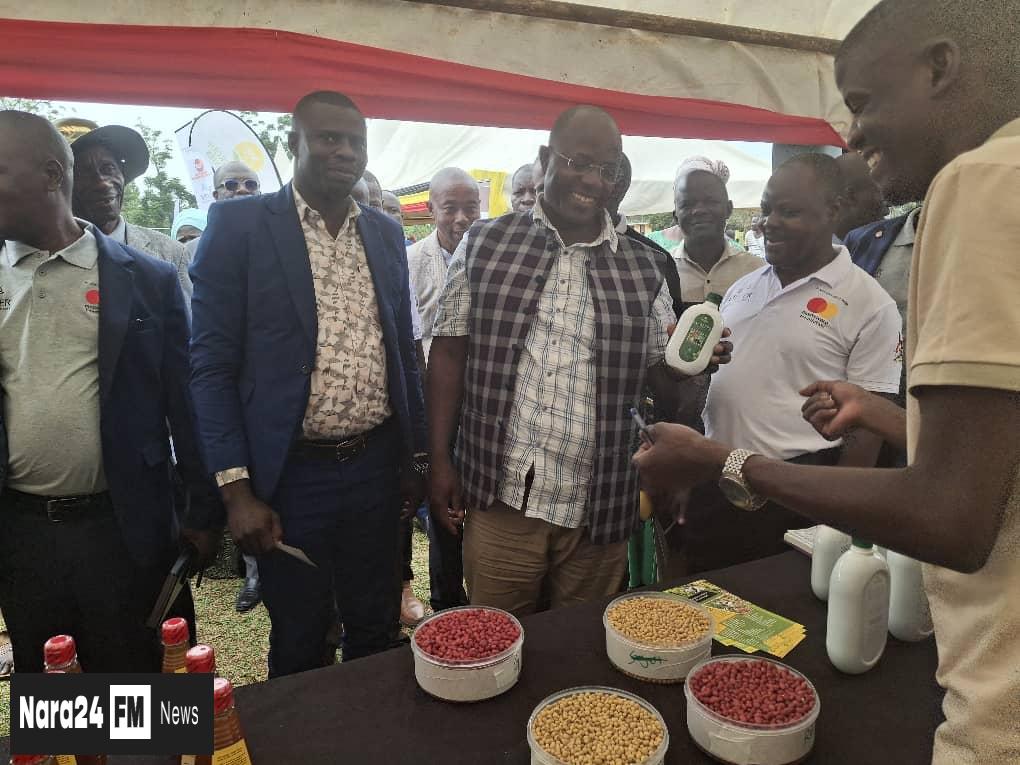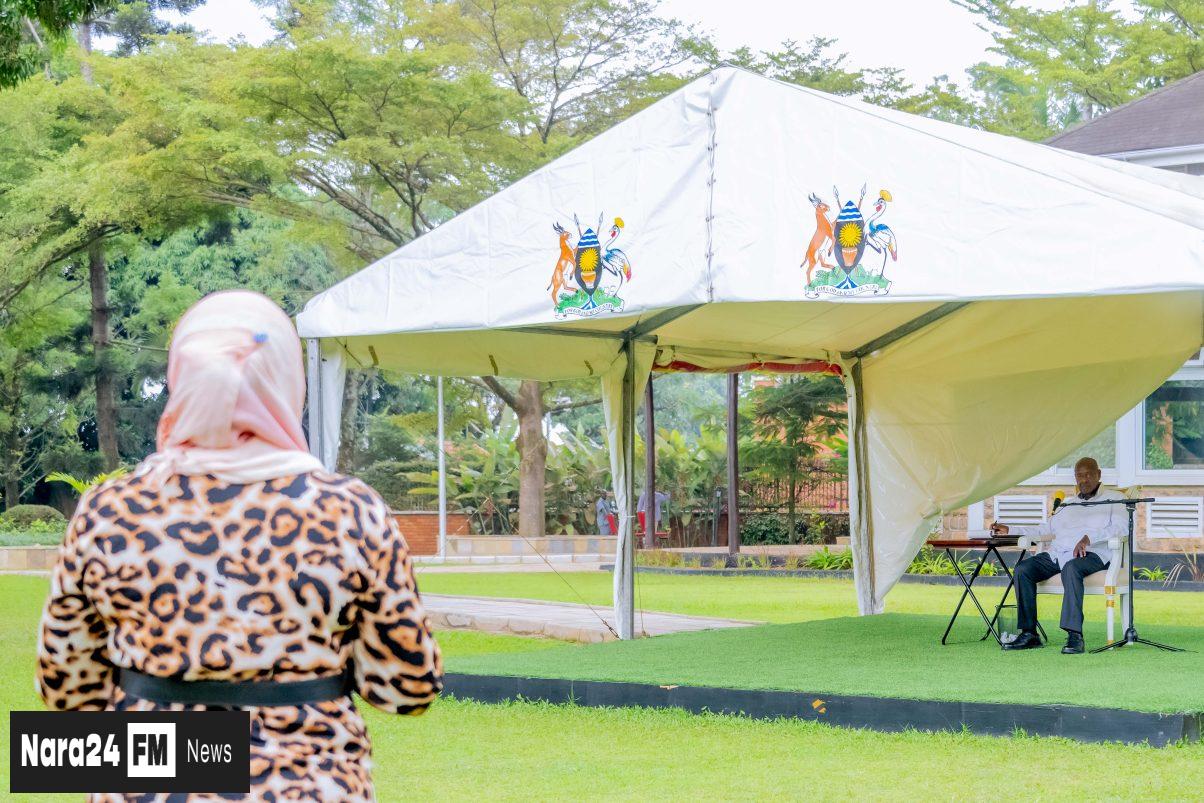
A farmer and his son discuss repayment strategies for an agricultural loan diverted to dowry expenses near Meerut [Photo: Ismat Ara/Al Jazeera]
In the agricultural heartlands of northern India, a financial initiative created to empower farmers has become an instrument of economic entrapment. The Kisan Credit Card (KCC) program, established in 1998 to provide affordable farming capital, now fuels a dangerous cycle of borrowing for non-agricultural needs, leaving countless families drowning in obligations they cannot fulfill.
When Farming Loans Fund Family Obligations
Mohammad Mohsin's circumstances near Meerut exemplify this troubling trend. Facing pressure to provide a substantial dowry for his sister's marriage, Mohsin withdrew approximately $1,440 through his family's KCC - a line of credit intended for seeds or equipment. The funds secured a down payment on a demanded automobile, but when the wedding collapsed under escalating demands, Mohsin was left with mounting debts and no means for actual farming investment.
The KCC mechanism, offering revolving credit at just 4% annual interest for agricultural costs, has fundamentally strayed from its purpose. Banking data reveals disbursements exceeding $120 billion by 2024, yet studies indicate less than 30% serves genuine farming requirements. Instead, these resources increasingly cover dowries, healthcare crises, educational expenses, and household emergencies in regions where agriculture fails to provide sustainable livelihoods.
The Anatomy of a Debt Spiral
When farmers divert KCC funds to non-agricultural needs, repayment becomes nearly impossible. Missed installments trigger interest spikes to 7%, while loan renewal requires clearing existing balances. This creates fertile ground for predatory intermediaries who offer temporary repayment solutions at exorbitant daily interest rates of 2-5%, effectively binding borrowers to perpetual debt.
"The system doesn't seize your property—it dismantles your dignity," Mohsin explains, echoing a widely held fear among villagers. The stigma of bank officials visiting homes for collections drives many to desperate measures. Broadcasted lists of defaulters have reportedly triggered family separations and disappearances, with one shamed farmer vanishing after public humiliation.
Systemic Roots of Rural Distress
Experts identify fundamental flaws in how agricultural financing intersects with social realities. Professor Jayati Ghosh, development economist at University of Massachusetts Amherst, notes: "Loan structures requiring repayment within single harvest cycles ignore farming's seasonal realities. Without parallel investments in irrigation, storage, and fair pricing, credit alone cannot resolve agrarian crises."
Compounding these issues, India's limited social safety nets intensify pressure on rural credit. Healthcare spending remains below 2.5% of GDP, while dowry practices persist despite being illegal. National Crime Records Bureau data recorded one dowry-related death every 30 hours in 2024, illustrating the deadly stakes of marital negotiations.
Broken Metrics and Human Toll
Banking practices inadvertently mask the crisis. Former banking federation leader Thomas Franco reveals: "Annual loan renewals without actual repayment inflate disbursement statistics while farmers receive no fresh funds." Meanwhile, the human consequences manifest tragically across India's farmland.
Maharashtra documented 2,851 farmer suicides in 2023—the nation's highest. Neighboring Karnataka reported 1,182 such deaths between April 2023 and July 2024. Uttar Pradesh witnessed a 42% annual increase in farm suicides by 2022, with Haryana's figures rising 18% in the same period.
Beyond Credit: The Call for Holistic Reform
Farmer union leader Dharmendra Malik emphasizes: "This isn't merely about debt—it's about dignity. Solutions require irrigation infrastructure, crop security, and education access, not just loans." Policy analysts concur that without addressing healthcare gaps, dowry enforcement, and farming profitability, credit schemes risk exacerbating the crises they aim to solve.
As Mohsin surveys his parched sugarcane fields near Meerut, his words capture a growing despair: "I question whether farming has any future." His buffalo—a village status symbol—offers no solution to his unresolved $1,500 debt. With another dowry negotiation looming and no means to secure fresh credit, Mohsin's predicament reflects thousands caught between agricultural policy and social obligation, where survival loans become instruments of suffocating bondage.
Resources: Organizations offering support for those experiencing suicidal thoughts can be found at FindAHelpline.








Comments (0)
Leave a Comment
Be the first to comment on this article!